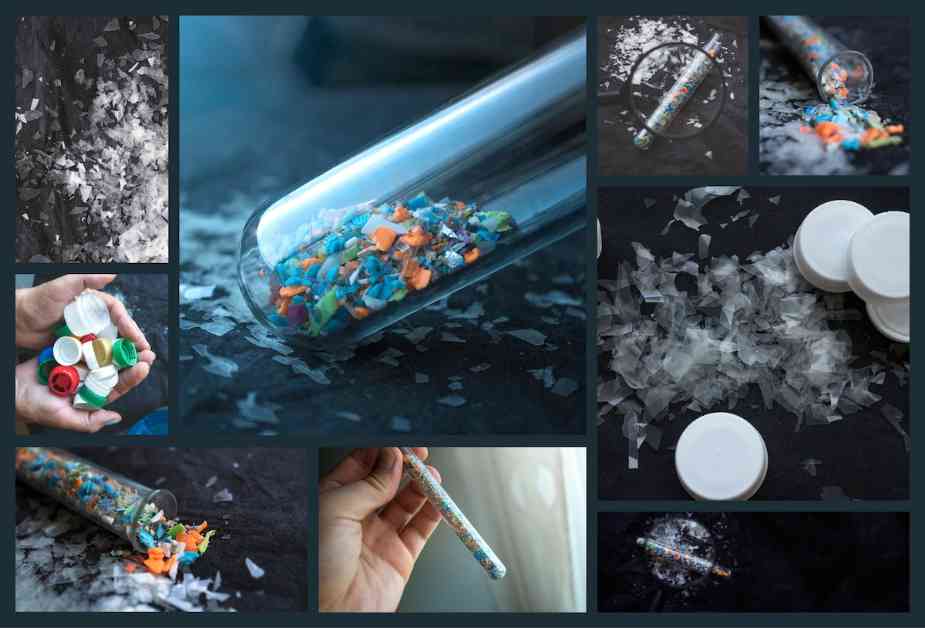Eco-Friendly Bacteria Tackles Microplastic Pollution
In a groundbreaking study published in the journal Microbial Biotechnology, researchers at the University of Waterloo have engineered bacteria commonly found in wastewater treatment plants to tackle the pervasive issue of microplastic pollution. Microplastics, tiny plastic particles that result from the breakdown of plastic water bottles, packaging, and synthetic clothing fibers, pose significant risks to ecosystems and human health. These particles can enter the environment through wastewater treatment plants, highlighting the urgent need for innovative solutions.
Engineering Bacteria to Combat Microplastic Pollution
The research team at the University of Waterloo added DNA to several bacteria species found in wastewater, allowing them to biodegrade polyethylene terephthalate (PET) plastics commonly found in clothing, carpet, and food and beverage containers. PET plastics can take hundreds of years to degrade naturally, breaking down into microplastics that enter the food chain and pose health risks to humans and ecosystems. By harnessing the natural process of “bacterial sex,” where genetic material is shared between bacteria during reproduction, the researchers were able to introduce a new trait into the target bacteria, enabling them to break down microplastics effectively.
Implications for Environmental Health and Sustainability
Dr. Marc Aucoin, a chemical engineering professor at the University of Waterloo, likened the engineered bacteria to “biorobots” programmed to clean up microplastics in water systems. This innovative approach not only addresses the immediate threat of microplastic pollution but also has the potential to mitigate the spread of antibiotic resistance associated with microplastics. The research team plans to further study how the engineered bacteria function under different environmental conditions and scale up their application in wastewater treatment plants to combat microplastic pollution effectively.
Looking Ahead: A Sustainable Future
As the global community grapples with the environmental challenges posed by plastic pollution, the development of eco-friendly solutions such as engineered bacteria offers a ray of hope. The University of Waterloo researchers are dedicated to exploring the application of plastic-eating bacteria in wastewater treatment plants and assessing the risks and benefits of deploying them in natural environments. By combining scientific innovation with environmental stewardship, this study paves the way for a cleaner, healthier planet for future generations.
As we reflect on the impact of plastic pollution on our planet, it is essential to consider the role each of us plays in shaping a more sustainable future. From reducing single-use plastics to supporting innovative research initiatives, we all have a part to play in protecting our environment. By embracing eco-friendly solutions and advocating for responsible waste management practices, we can collectively work towards a cleaner, greener world. Let us take inspiration from the efforts of researchers at the University of Waterloo and strive to make a positive impact on the health of our planet. Together, we can turn the tide on plastic pollution and create a more sustainable future for all.














